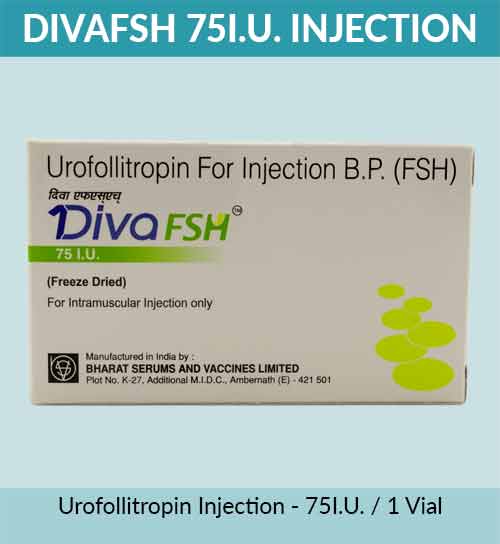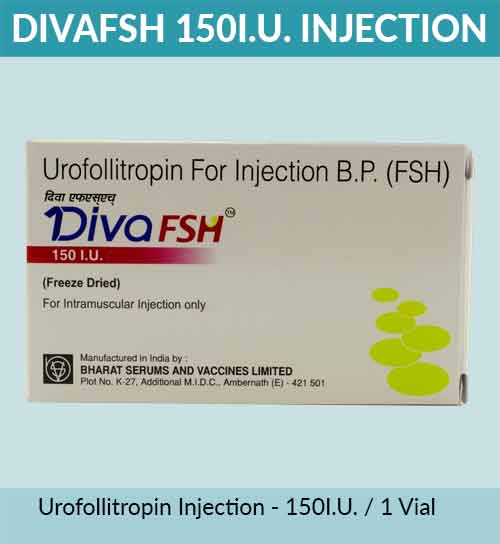Urofollitropin
Urofollitropin, also known as follicle-stimulating hormone (FSH), is a medication used in fertility treatments to assist in the development and maturation of ovarian follicles in women. It plays a crucial role in stimulating the ovaries to produce mature eggs, which is essential for successful conception and assisted reproductive technologies like in vitro fertilization (IVF).
Urofollitropin is a recombinant form of FSH, meaning it is produced through genetic engineering techniques. It closely resembles the natural FSH hormone produced by the pituitary gland in the body. By administering urofollitropin, healthcare providers can carefully control and optimize the stimulation of the ovaries, enhancing the chances of successful ovulation and pregnancy.
The medication is typically prescribed to women who have difficulties with ovulation or who require controlled ovarian stimulation for fertility treatments. This may include women with polycystic ovary syndrome (PCOS), unexplained infertility, or those undergoing assisted reproductive technologies. Urofollitropin is usually administered as subcutaneous injections, starting at a specific point in the menstrual cycle as directed by the healthcare provider.
The dosage and treatment duration of urofollitropin vary depending on individual factors, such as the woman’s age, ovarian reserve, and response to the medication. Close monitoring is essential during treatment to adjust the dosage if needed and to assess follicular development through ultrasound and hormone level measurements.
As with any fertility medication, urofollitropin carries potential risks and side effects. Common side effects may include injection site reactions, abdominal discomfort, bloating, and breast tenderness. In rare cases, ovarian hyperstimulation syndrome (OHSS) may occur, characterized by enlarged ovaries and fluid accumulation in the abdominal cavity. OHSS can range from mild to severe and requires close monitoring by a healthcare provider.
Urofollitropin should only be used under the supervision and prescription of a qualified healthcare professional experienced in fertility treatments. Proper administration and timing of injections, as well as adherence to monitoring appointments, are essential for optimal outcomes and safety.
In conclusion, urofollitropin is a medication used in fertility treatments to stimulate the development and maturation of ovarian follicles. It is prescribed to women with ovulation difficulties or undergoing assisted reproductive technologies. By carefully controlling ovarian stimulation, urofollitropin helps improve the chances of successful ovulation and pregnancy. Close monitoring and adherence to healthcare provider instructions are crucial for safe and effective use.


